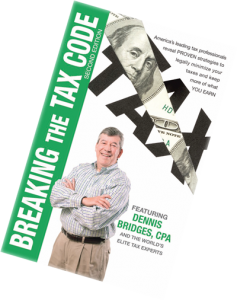- Home
- About
-
Services
- For Individuals
- For Small Businesses
-
Tax Problem Resolution
- "Innocent Spouse" IRS Relief
- Bankruptcy Options That Work
- Find Out What The IRS "Has" On You
- Non-Filed Returns--Done For You
- Payroll Tax Protection
- Protection from IRS Asset Seizure
- Protection From IRS Levies
- Protection From Wage Garnishments
- Safeguard Yourself From IRS Liens
- Settle Your IRS Debt for Pennies on the Dollar
- Tax Services
- Additional Services
- Tools & Resources
- Contact Us
- Blog






















